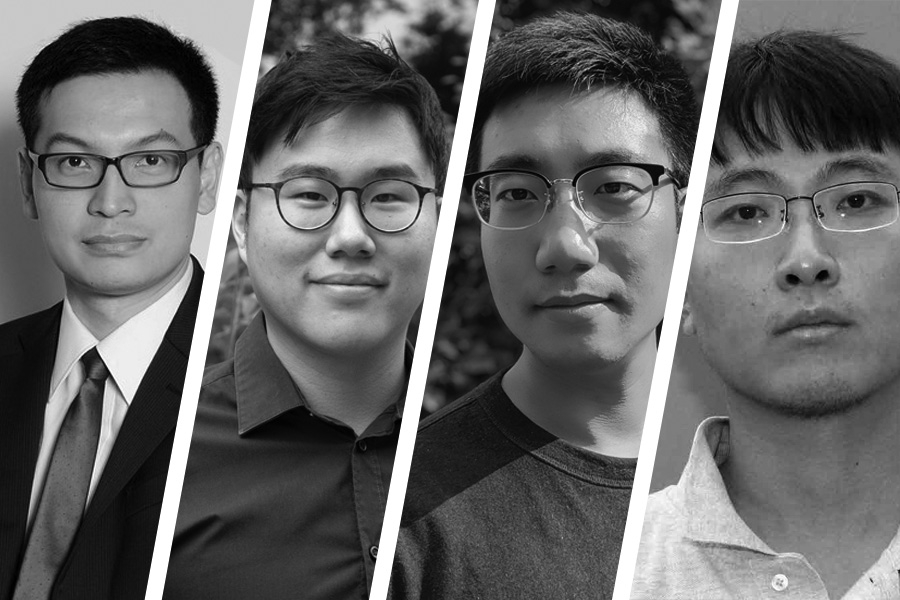
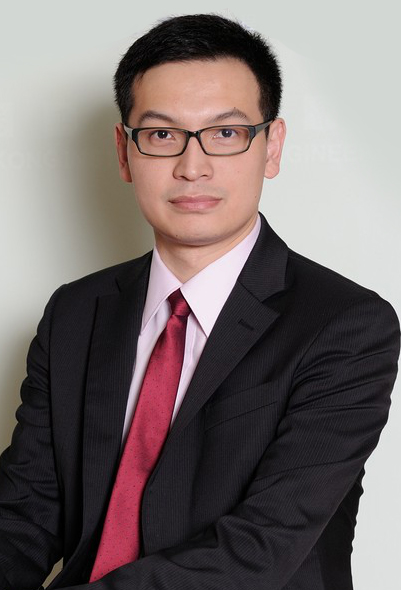 Jin |
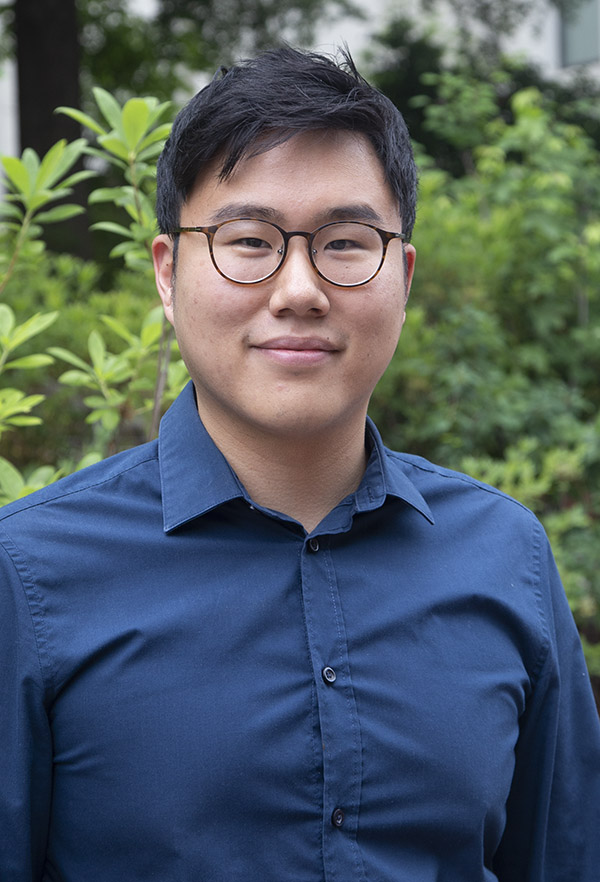 Kim |
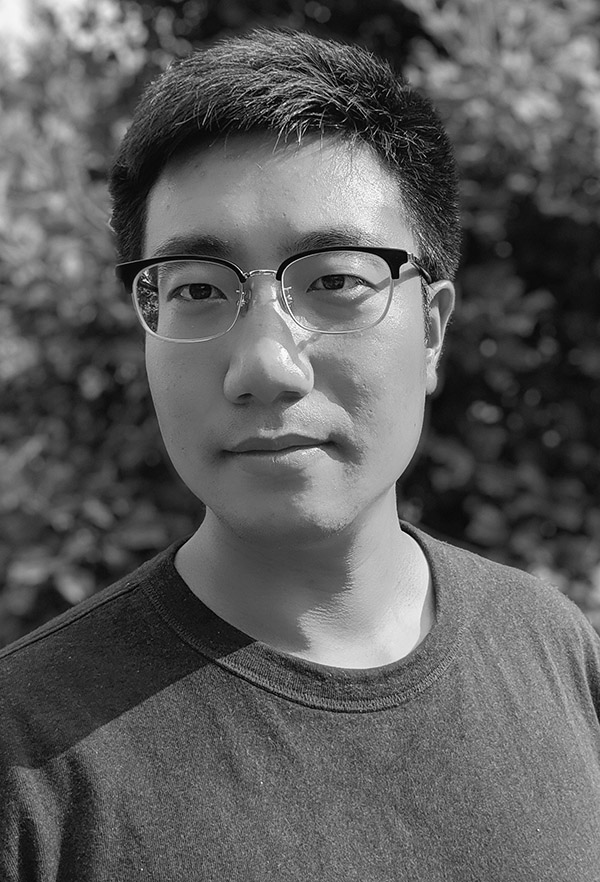 Liang |
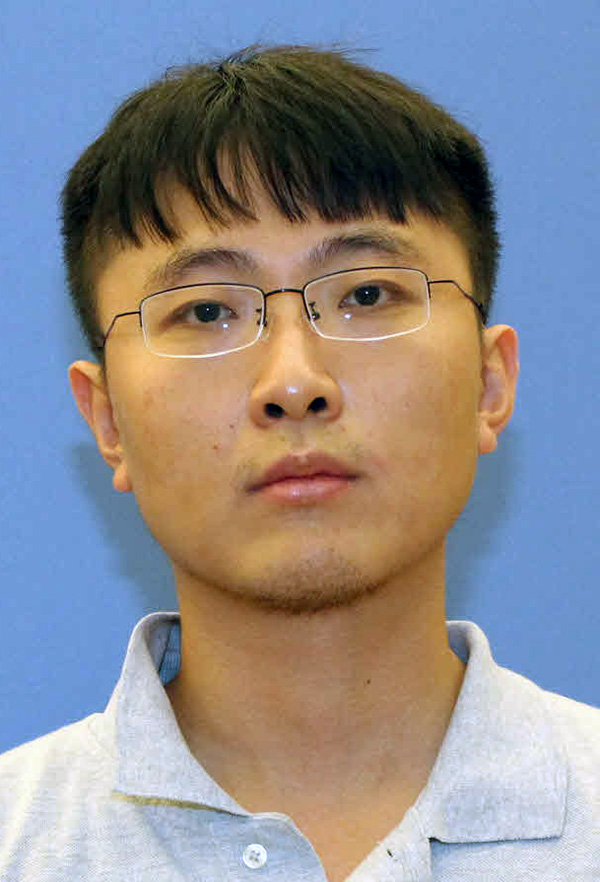 Liu |
The new group of Future Faculty Fellows in the School of Civil and Environmental Engineering want to extend a legacy of great teaching.
“I have had the privilege of having great teachers — including my adviser — in my life, so I wanted to be a good teacher who can guide future students,” said transportation Ph.D. student Sung Hoo Kim, one of four new fellows for 2019-2020. “The fellowship is a huge opportunity to learn teaching skills, co-teach an actual class, and connect with other academic colleagues.”
Kim and fellow doctoral students Bill Jin, Yunping Liang and Ming Liu are the newest class of Future Faculty Fellows in the School, a three-year-old program that helps graduate students become great teachers. The idea is to build a pipeline of future professors by teaching them how to teach and helping them build their research and professional relationships.
“I believe that being a faculty member is the most effective way to make a lasting contribution to developing the next generation of high-quality engineers,” said Jin, a structural engineering Ph.D. student who already has some teaching experience under his belt. “I have always been thrilled and proud to see my students realize their passions and pursue their dreams under my tutelage. I look forward to continually honing my teaching and mentoring skills. I also plan to attend future faculty workshops and national conferences in the coming year to build my professional relationships and networks.”
Future Faculty Fellows participate in a Georgia Tech Center for Teaching and Learning program designed to help graduate students learn how to be effective teachers. They’ll also teach a class with one-on-one mentoring and support from a faculty member.
Fellows receive $3,000 from the School to support their development as teachers and to explore potential teaching careers. Some have traveled to conferences or to funding agencies to build their research and professional network.
“The support from the Future Faculty Fellowship will give me unique resources to explore and prepare myself for an academic career path,” said Liu, who is in his fourth year of study in geosystems engineering. “I am particularly interested in any potential opportunities to attend workshops that will be more forward-looking and thought-provoking from cross-disciplinary perspectives.”
Liang, who’s pursuing his doctorate in construction and infrastructure systems, said he’s particularly looking forward to introducing new tools in the Construction Management course.
“I noticed a gap in current educational materials as they relate to providing effective modules to introduce civil and construction students to quantitative methods and data-driven decision making process,” Liang said. “Data analytics skills are increasingly becoming necessary for those who think seriously about a rewarding career in the construction industry.”
Ph.D. students must have passed their qualifying exam and have the support of their faculty adviser to apply for one of the fellowships. Post-doctoral researchers in the School also are eligible. The program typically accepts applications each April for the following academic year.
Related
- Tech to Teaching Program | Center for Teaching and Learning
- Previous Fellows:
